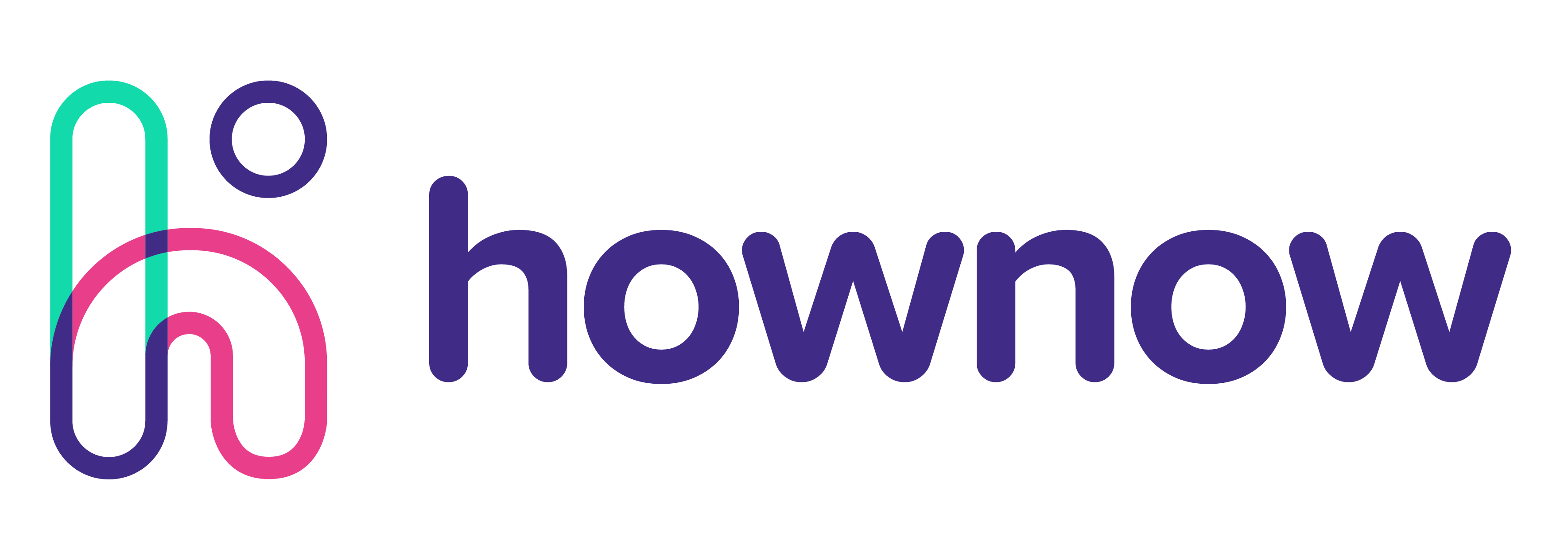7 reasons why knowledge sharing is important
Knowledge might be power, but it’s much more powerful when it’s shared! If only one person knows how to do something, that prevents others from developing and can hinder your organisation’s progress. Plus, what happens if they hoard knowledge and decide to leave!?
But that’s enough doom and gloom because when you manage knowledge properly and give people a platform to share and access it, you’re opening the door to a whole host of benefits!
Knowledge vs information
What’s the difference? It’s important to clarify this before we dive into the benefits of knowledge sharing. Information is really just the data or details of something, but knowledge taps into the experience and context of somebody who’s understood and used that data.
Imagine you’re making a cocktail and you’ve got the ingredient list in front of you, you’d be able to attempt some shaking and pouring. But, without a recipe or guidance from somebody who’s trialled, errored and perfected, you wouldn’t know the order, the timings and the techniques needed. Knowledge sharing makes sure your employees are less shaken and more stirred.
7 benefits of sharing knowledge
Collaborate and build collective knowledge
You should never underestimate the importance of collaboration, but if you’re having doubts Go Remotely compiled a fascinating list of statistics on this. They call out that 75% of employees think it’s important and that workers now spend around 50% of their time collaborating.
But it’s more than just putting heads together, they need somewhere to save, share and search for their collective knowledge. That’s why learning platforms and knowledge bases are so popular. They bring shared knowledge into one place but also enable people to discuss and build on it. Think of it as your collective brain, which is always growing and learning new things.
70% of employees praised digital technology as improving their collaboration, while the numbers reveal that it can increase productivity by up to 30% and profitability by 21%. So if you’ve not considered technology in your knowledge management strategy, it might be time…
Find better ways of doing things
One of the best things about building that shared knowledge base is that you can learn from your mistakes and make sure you don’t repeat them. But you can also tap into your best experiences and make sure you do repeat them! It’s pretty much as simple as that. When people share what hasn’t worked and their colleagues can find their insights, it prevents somebody else from making the same errors.
But when you find something that works and has worked better than anything else before, you need to cherish that and hold it aloft for everyone to see! Or at least share that knowledge with them. There are countless benefits, but the clearest is that it makes you more effective and productive by streamlining the processes – say goodbye to needless trial and error.
Build a community and learning culture
When people are learning from each other and have a platform to share their knowledge, that builds a sense of community. Especially when the takeaways from colleagues help people to do their job better! You could argue that this is the best way to create a learning culture because your people can see and feel the benefits of both sharing and tapping into shared knowledge. When the value and results come quickly, it gives you the momentum that you need.
Create better customer experiences
We touched on shared knowledge helping people do their jobs better, and the best example is probably for customer-facing employees. The knowledge base itself means that they can search for knowledge when they’re engaging with customers and that can cut down the time to respond. But, more importantly, they can learn what has and hasn’t worked from fellow customer-supporting staff, which ultimately means they solve issues more effectively.
Retain knowledge
No matter how much of a community and culture you build, the day will come when even your best and most-engaged employees fly the nest. But that doesn’t mean you have to lose all of their expertise and experience before they spread their wings. When people share knowledge and contribute to your collective brain, they’re helping people learn while they’re at the company but also leaving insights and instructions that can be tapped into once they’re gone.
Connect remote employees to knowledge
Don’t forget about your remote workers! It’s often challenging for them to learn from their colleagues outside of the face-to-face environment, and perhaps more difficult to ask the right questions. When you’re remote, there’s the worry that you’re pestering people. Well, when people can search for shared knowledge, that really kills those two birds with one stone.
Working remotely poses different challenges and creates different scenarios, so there’s a fair chance they’ll bring a fresh perspective to a product, interaction or hurdle you’re facing. So it’s equally important that those working away from the office have somewhere to share their expertise.
The feel-good factor
Let’s end on the most positive note of all! Sometimes, sharing knowledge isn’t even about the knowledge, the biggest benefit can come from everybody feeling like their voice is being heard. That’s a real shot of motivation for most people because they feel like a valued part of the team, and their experience is genuinely helping others to grow. At the same time, they’re giving somebody else that same feeling and that can go a long way to helping your business progress.
Could our intelligent learning platform be the answer to your knowledge management questions? Book a demo today and we’ll talk you through it.







